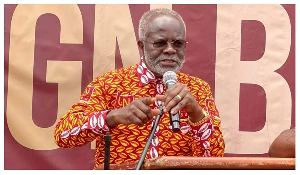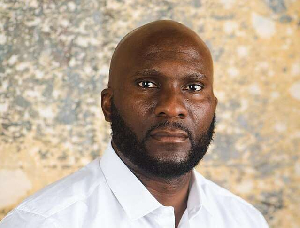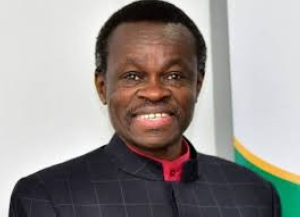Health News of Wednesday, 28 October 2015
Source: GNA
Pilot malaria vaccine recommended by WHO
The World Health Organization’s Strategic Advisory Group of Experts on Immunization (SAGE) recommended pilot projects to understand how to best use a vaccine that protects against malaria in young children.
A statement issued and copied to the Ghana News Agency by Dr Margaret Harris of the WHO said, the group met last week with the Malaria Policy Advisory Committee (MPAC) to consider the evidence on the efficacy and safety of the malaria vaccine.
“This was a historic meeting with two of WHO’s major advisory committees working together to consider current evidence about this vaccine,” said Professor Fred Binka, acting Chair of MPAC.
“The committees agreed that pilot implementations should be the next step with this vaccine.”
The statement said the vaccine, known as RTS,S, is the first vaccine for malaria, but there is one primary question.
“The question about how the malaria vaccine may best be delivered still need to be answered,” said Professor Jon S. Abramson, Chair of SAGE.
“After detailed assessment of all the evidence, we recommended that this question is best addressed by having three-five large pilot implementation projects.”
The statement noted that it requires four doses for a child to be fully protected and therefore, requires additional contacts with the health care system.
It said the first three doses are given one month apart followed by an 18-month pause before the fourth dose; without the fourth dose, children had no overall reduction in severe malaria.
The statement said the malaria vaccine, RTS,S, acts against P. falciparum, the most deadly malaria parasite globally, and the most prevalent in Africa.
It observed that it offers no protection against P. vivax malaria, which predominates in many countries outside of Africa.
It said the vaccine was being assessed as a complementary malaria control tool that could potentially be added to—but not replace—the core package of proven malaria preventive, diagnostic and treatment measures.












